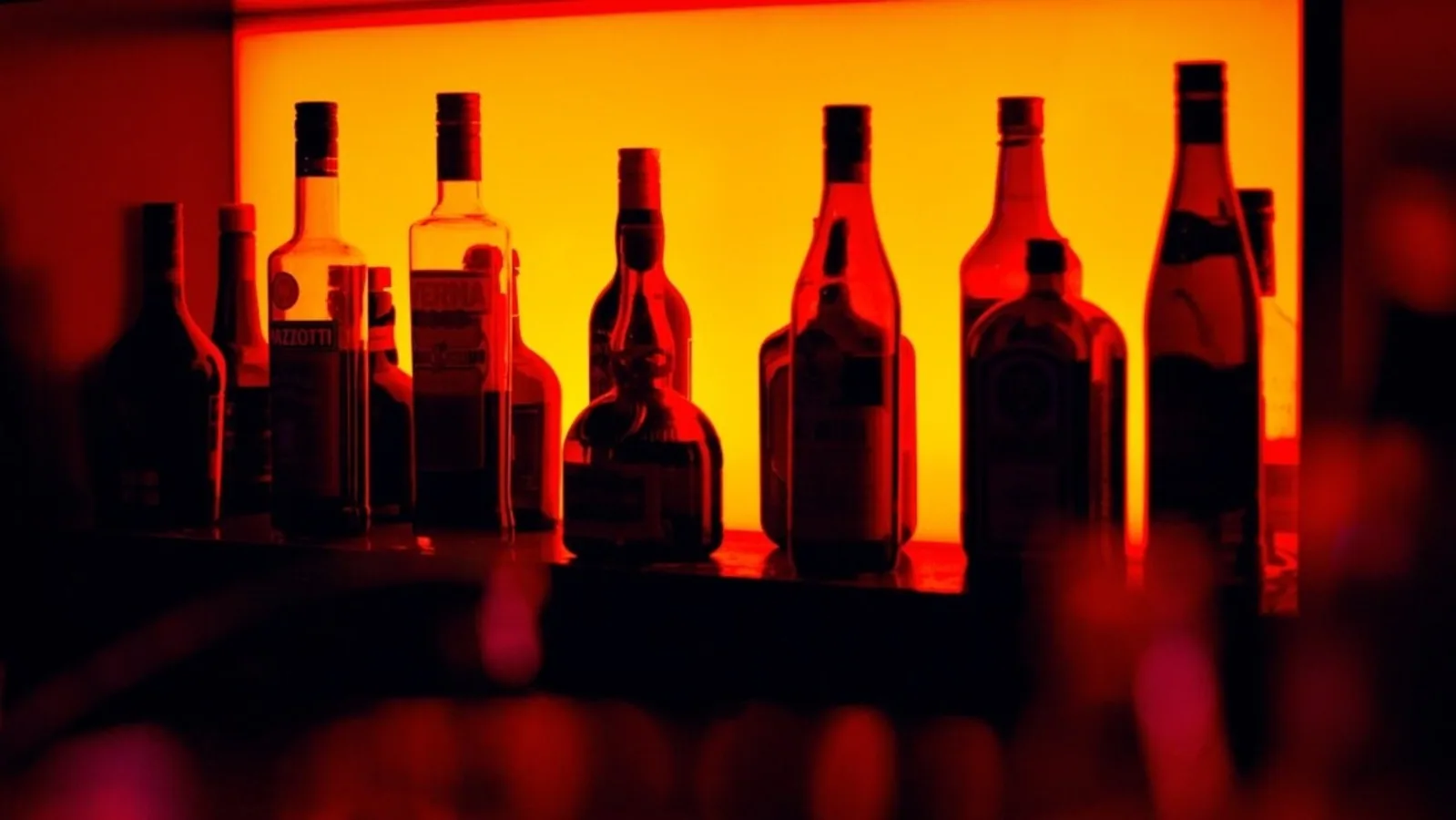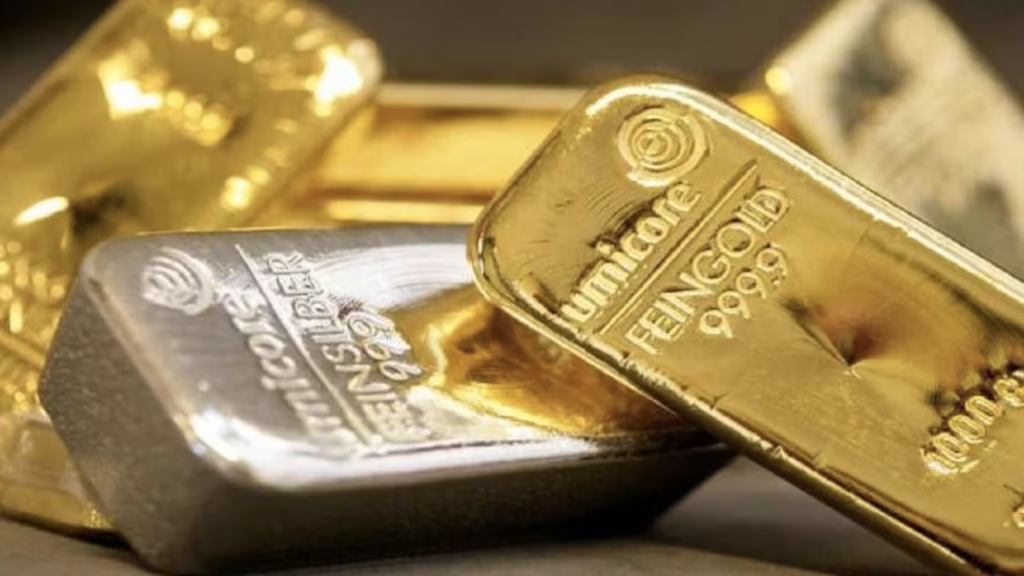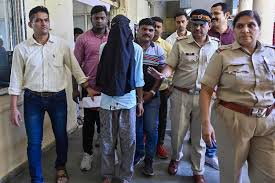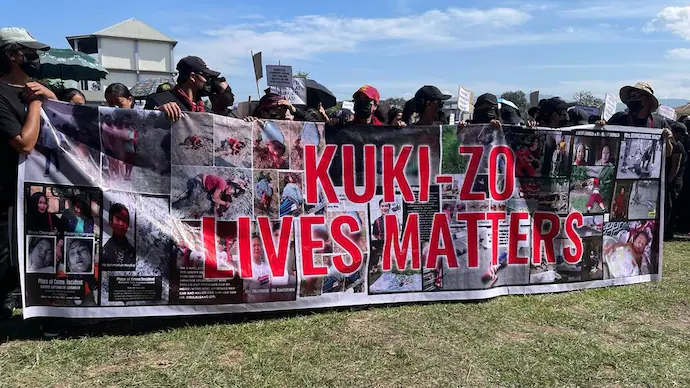Now Reading: Indian Liquor Brands Claim Bias in UK Despite Trade Deal Breakthrough
-
01
Indian Liquor Brands Claim Bias in UK Despite Trade Deal Breakthrough
Indian Liquor Brands Claim Bias in UK Despite Trade Deal Breakthrough

Just a day after India and the UK inched closer to finalising their Free Trade Agreement (FTA), leading Indian liquor companies have raised serious concerns about unfair treatment in the British market. While the FTA is being promoted as a step towards smoother trade, homegrown alcohol brands say they’re still facing discrimination in terms of taxation and regulatory approvals.
What’s the Issue?
Indian liquor firms argue that the UK market isn’t offering a level playing field. Despite India gradually reducing import duties on British alcoholic beverages, Indian brands entering the UK are still caught in a web of restrictive norms, high duties, and unclear approval processes.
They claim that the British system favours Scotch whisky and other imported labels, while Indian spirits are sidelined under complex regulations that delay or block their access to shelves and bars.
Trade Deal vs Ground Reality
The FTA between India and the UK aims to boost trade across multiple sectors — with liquor being one of the key focus areas. India has been under pressure to ease import tariffs on premium spirits, something British producers have lobbied for strongly.
But the concern raised by Indian companies is that while India is opening its market, the UK isn’t doing enough to ensure fair treatment in return. Indian brands allege that the promised reciprocity is missing on the ground.
Why It Matters for India
This isn’t just about business deals between big cities. Many of these liquor companies source ingredients and operate from Tier 2 cities like Nashik, Aurangabad, and Indore — providing local jobs and contributing to regional economies. If their global expansion is stalled due to unfair regulations, it directly impacts small towns and local producers trying to scale internationally.
There’s also a sentiment issue. Indian companies see this as not just a trade barrier, but a lack of recognition for Indian quality products, even as Indian-made spirits gain popularity in global tasting competitions.
What Happens Next?
Industry bodies have urged Indian negotiators to raise these concerns directly with the UK before finalising the FTA. They’re seeking parity in treatment — not just on paper, but in actual market access, shelf space, and approval processes.
As trade talks continue, the push from Indian liquor makers sends a strong message: a free trade agreement should be truly fair, not just free in name.
























